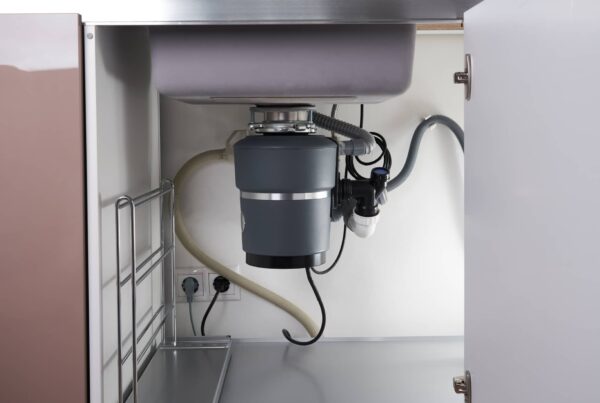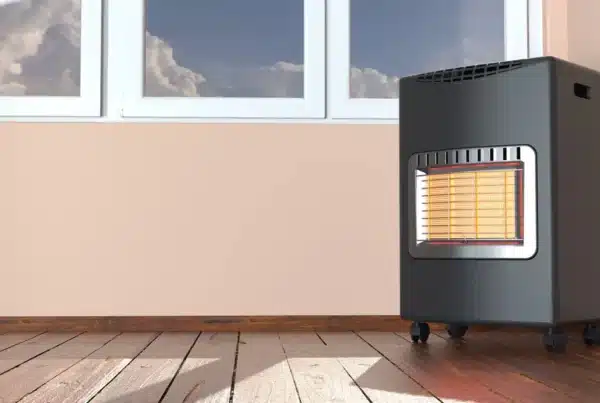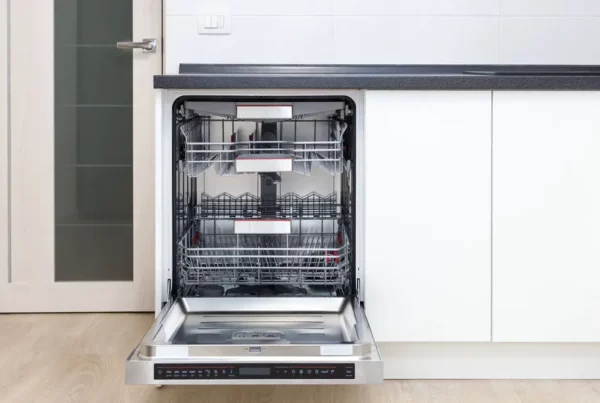
When building a home or even a shed and you have chosen a metal siding, you want to make sure that the builder or contractor follows the building codes. A lot of assumptions are made with regards to metal and how it is used. Always remember that as a homeowner you want to know all of the information so that you can understand everything more clearly. Does metal siding have to be grounded or bonded? No, it is not required to be grounded or bonded in Florida, but check your local building codes in other states.
Let’s review the specifics regarding this topic.
What Is Metal Siding
Metal siding on a home can come in a variety of materials and is known as sheet metal. This would be an exterior cladding alternative to the home. It comes as a structural metal that forms over the homes surface. The most common types of metal siding for a home come in aluminum or steel. Homeowners love this idea because metal siding provides more durability and protection to the home against environmental conditions. It is also easier to install.
What Is Grounding
Grounding of metal is needed to ensure that any abnormal electrical current is stabilized. This helps the abnormal current find a safe way out that doesn’t create an electric shock or electrocution. If you had no grounding of your abnormal electrical currents, you would notice damage to your appliances, home, or even the people in it.

How Do I Make Sure It Is Grounded Or Bonded
The easiest way to determine if your metal is grounded is by using an electric current tester. Metal siding on a building does not require grounding. This is due to it not being a piece of electrical equipment. CODE only requires grounding if the item is connected to your electrical system. According to NEC, grounding of metal siding can reduce the risk of injury to people who come in contact with an energized metal siding.
In addition, aluminum siding is not necessarily needing to be grounded. This is because most metal siding such as aluminum is bonded from piece to piece. Also, as the pieces are installed they are tied together and bonded.
Keep in mind that grounding and bonding mean two different things. Swimming pool areas are typically bonded with grounding wire and metal rebar to reduce the electrical current from the surface or the water in the pool. If you don’t live in Florida then check your local building codes. Otherwise, if you are near a pool, absolutely make sure the metal is grounded.
How Much Does It Cost
The cost of metal siding varies based on material and square footage. Zinc can cost you about $15 to $35 per square foot, Copper can cost you between $20 and $35 per square foot, and Tin can run you about $1 to $3 per square foot. Also, remember that aluminum is an option at $3 to $6 per square foot, however, due to its oxidation process, does not last very long.
Other Recommended Maintenance
While you are outside the home taking care of the siding, take a look at your gutters. Do you have seamless gutters or traditional or none at all? A lot of homeowners like the seamless gutters because they don’t leak. This is because there aren’t any joints to allow for leakage. The only problem is they do require a professional to install. Compare the different types of gutters and see what works best for you and your budget.
Another area to take a look at is your brick patio or pavers. If you have moss growing on the brick, you can use environmentally friendly chemicals and a pressure washer to get it off. Also, if it is too much for you to do, call a professional to take care of it. It is important to make sure that the brick looks nice at all times so maintenance is necessary.
Lastly, it’s the time of the year to start making the yard look nice. Using landscape rock is a good idea as it doesn’t attract insects like mulch can. Also, it helps with curb appeal. The amount of landscape rock you need will depend on the size of the project and the depth of the rock coverage.

When Do I Call A Professional
Calling on a professional contractor to assist with your metal siding installation is important. As a homeowner, you always want to make sure that the building codes are followed. Also, each state has varying building codes, and in some cases, each town in that state has varying building codes. Hiring the right contractor that understands grounding or bonding of metal siding is key.
Always remember that if you aren’t sure, you can reach out to your local home inspection team for a full home inspection and metal siding contractor reference.
Conclusion
Having metal siding installed on your home could be a great way to save money. Also, the durability and ability to protect the home from the elements make it a great choice. Keep in mind that regular maintenance is needed after the metal siding is installed. Always, remember to ensure that the contractor has followed all NEC building codes and properly bonded or grounded your metal siding for safety. Also, call on your local home inspection team to conduct a full home inspection. Call Waypoint Property Inspection to inspect your home in Tampa, St. Petersburg, Lakeland, Orlando, Palm Beach, Ft. Lauderdale, and surrounding areas.



